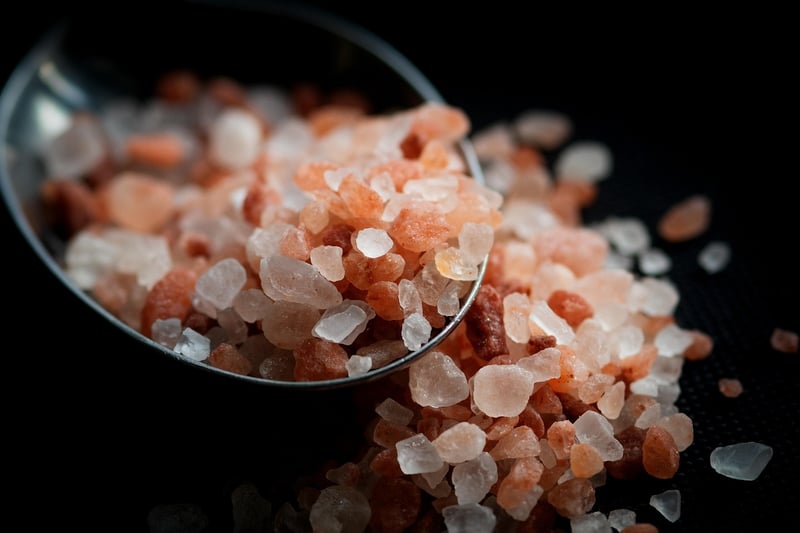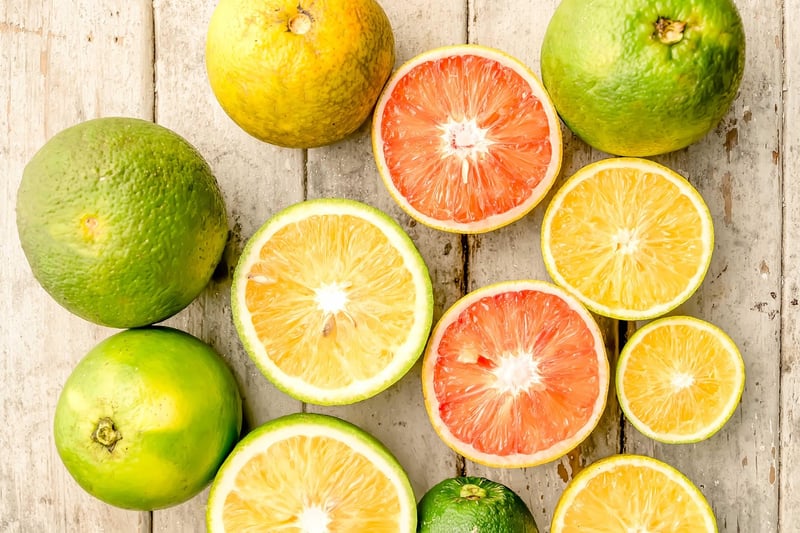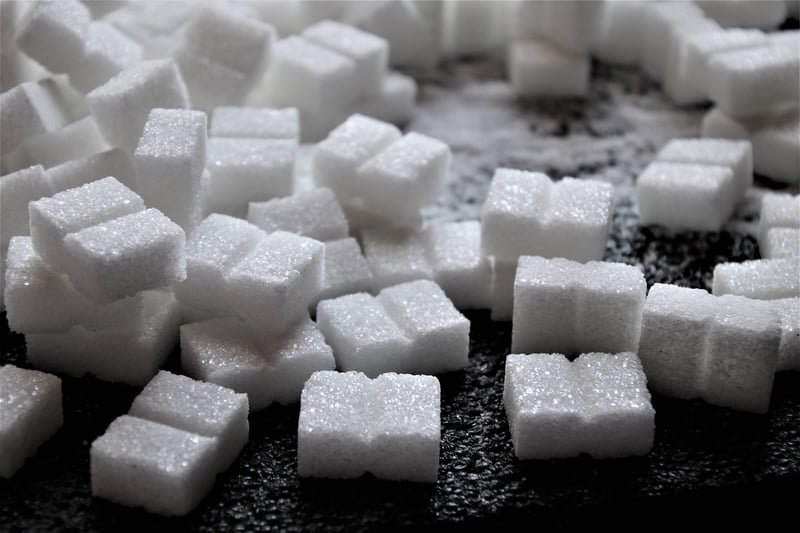Flavor Chemistry
Unlocking the Secrets of Flavor Chemistry Through Ingredient Analysis
Flavor chemistry is a fascinating field that delves into the intricate science behind what makes our food taste delicious. By understanding the role of different ingredients in creating flavors, we can elevate our culinary experiences to new heights. Let's explore how ingredients and flavor chemistry intersect to create mouth-watering dishes.
The Basics of Flavor Chemistry
Flavor chemistry involves the study of compounds that give food its taste and aroma. These compounds can be natural, such as those found in fruits and spices, or artificial, like the flavors added to processed foods. By breaking down the chemical makeup of ingredients, scientists can pinpoint the specific molecules responsible for different flavor profiles.
Key Ingredients and Their Flavor Contributions
Each ingredient in a recipe plays a crucial role in shaping the overall flavor of a dish. For example:
- Herbs and Spices: Herbs and spices add depth and complexity to dishes through their unique flavor compounds.
- Acids: Ingredients like citrus fruits or vinegar provide a tangy or sour taste that balances other flavors.
- Sugars: Sugars caramelize during cooking, adding sweetness and depth to dishes.
- Proteins: Proteins, such as those found in meat or dairy, contribute savory umami notes to dishes.
Creating Flavor Synergies
Understanding how different ingredients interact with each other is key to creating harmonious flavor combinations. For instance, the Maillard reaction, which occurs when proteins and sugars are heated together, creates complex, rich flavors in dishes like seared steak or baked goods.
Exploring New Flavor Combinations
Experimenting with ingredients and flavor pairings can lead to exciting culinary discoveries. By combining unexpected ingredients or using traditional ingredients in innovative ways, chefs can create unique and memorable dishes that tantalize the taste buds.
Conclusion
By delving into the world of flavor chemistry and understanding how ingredients contribute to taste, we can elevate our cooking skills and create unforgettable dining experiences. So, the next time you're in the kitchen, consider the role each ingredient plays in the symphony of flavors that make up your favorite dishes.




Learn more about flavor chemistry here.
